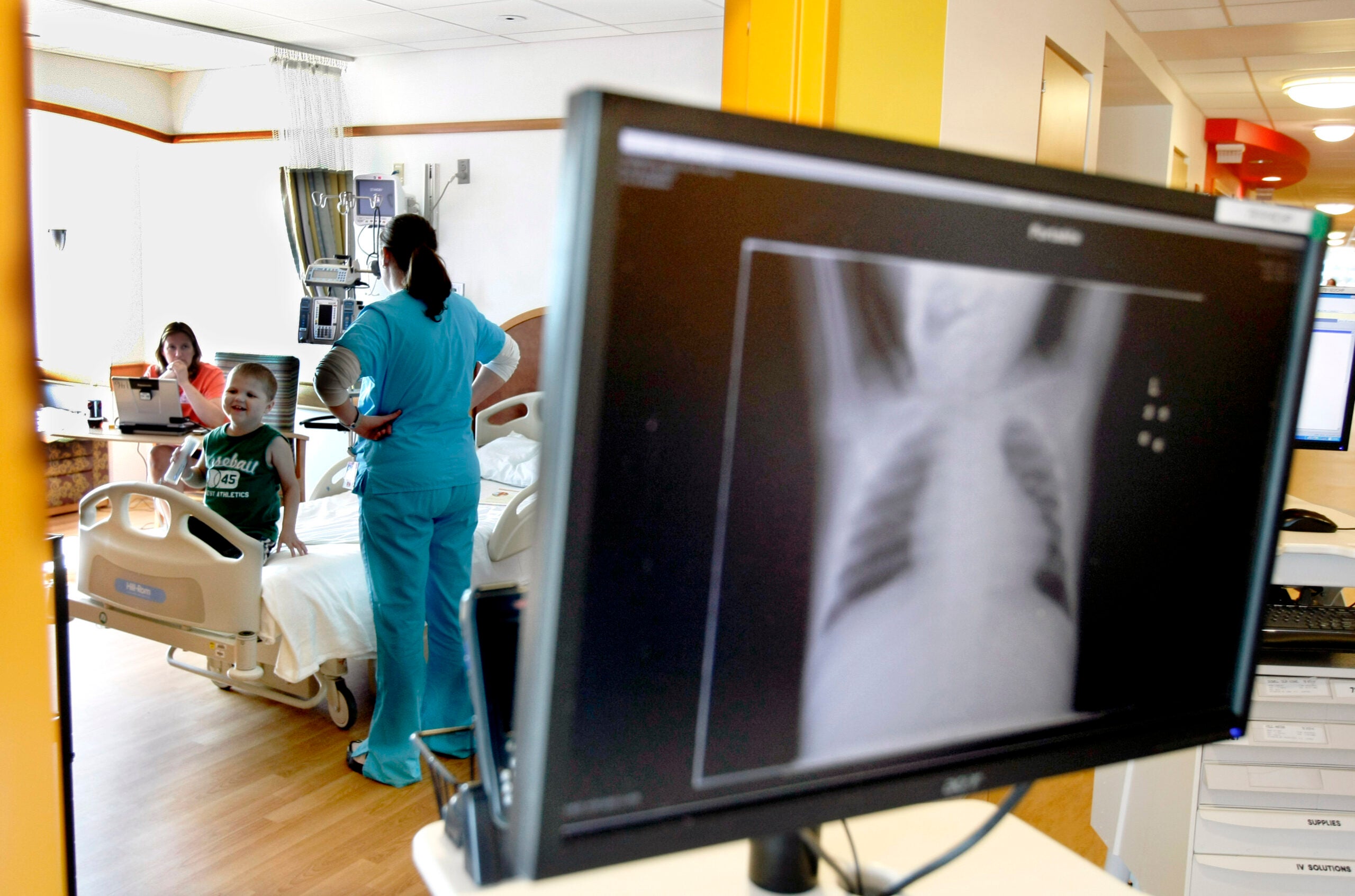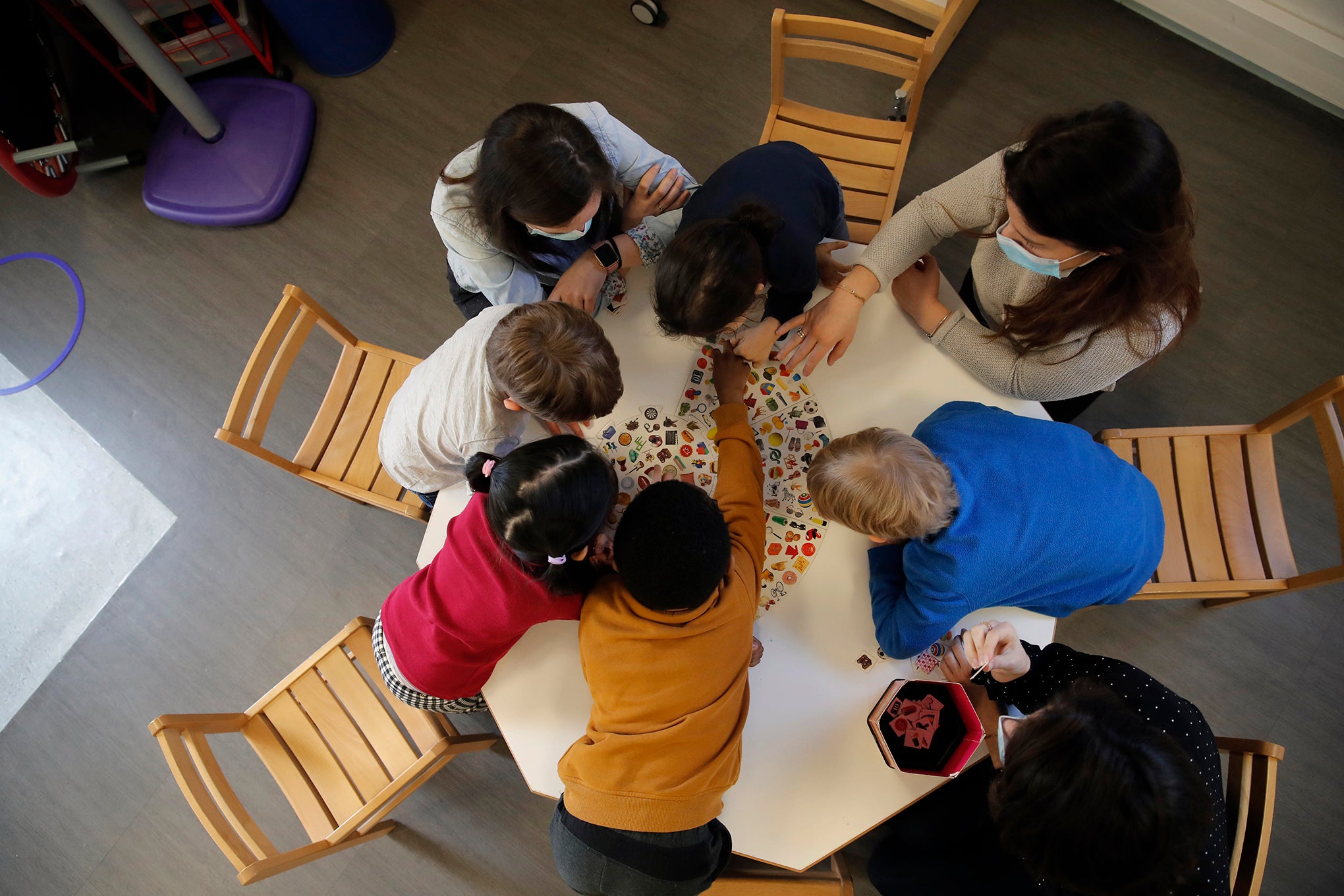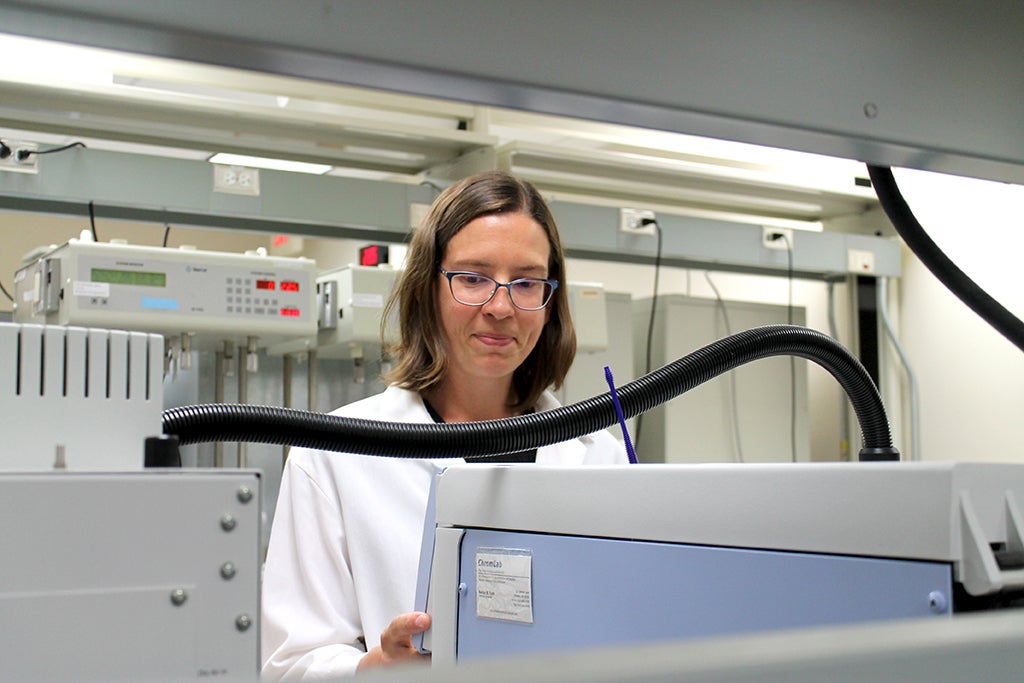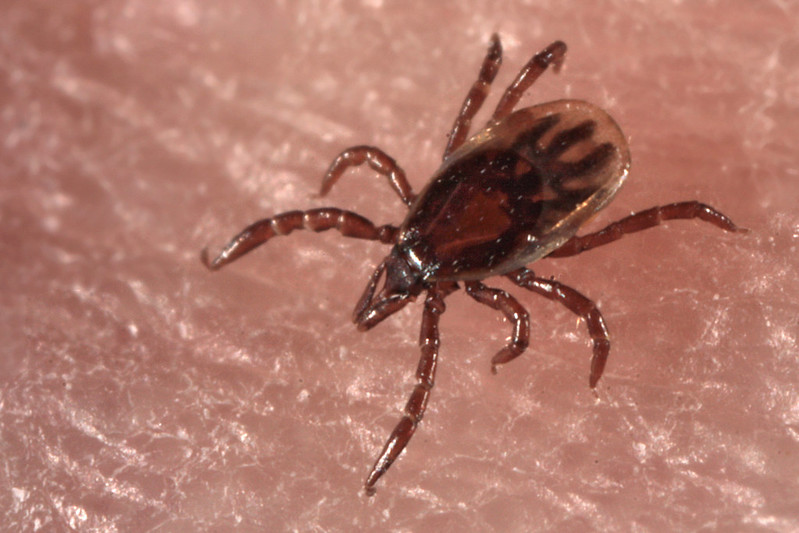Wisconsin researchers at three institutions are sharing a $5.3 million grant from the National Institutes of Health to investigate precision medicine.
Wisconsin’s two medical schools and Marshfield Clinic are participating in a nationwide effort to transform health from a one-size-fits-all medical model to one based on a person’s genetics, lifestyle and environment.
This could mean tailored treatments for diseases and new ways to prevent illness, said Marc Drezner, senior associate dean for translational research at University of Wisconsin School of Medicine and Public Health.
Stay informed on the latest news
Sign up for WPR’s email newsletter.
“Cancer is the exemplary; we showed we could do it. Now we’re trying to move it across virtually all diseases,” said Drezner, who is helping Wisconsin participate in the national study.
The goal of the precision medicine study is to enroll more than 1 million people across the United States and use data gathered through the research to personalize care. More than 8,000 will be recruited around Wisconsin the first year of the NIH study, called All of Us Research Program.
Drezner said the goal is to have a very diverse population so all people and the diseases they may have are represented in the sample developed. The Wisconsin institutions — including UW Medical School, Medical College of Wisconsin and Marshfield Clinic — will partner with BloodCenter of Wisconsin and regional Federally Qualified Health Centers to recruit research participants.
Researchers will do DNA testing of participants and look for environmental contaminants, like lead.
“Genetic abnormalities often are brought forward by the environment in which individuals exist, the behaviors that they practice,” Drezner said. “The opportunity we have now is to try and combine all of (lifestyle, genetics and environment).”
Wisconsin’s participation will begin in 2018, and further funding could be awarded for an additional four years after the first year, Drezner said.
Wisconsin Public Radio, © Copyright 2025, Board of Regents of the University of Wisconsin System and Wisconsin Educational Communications Board.






